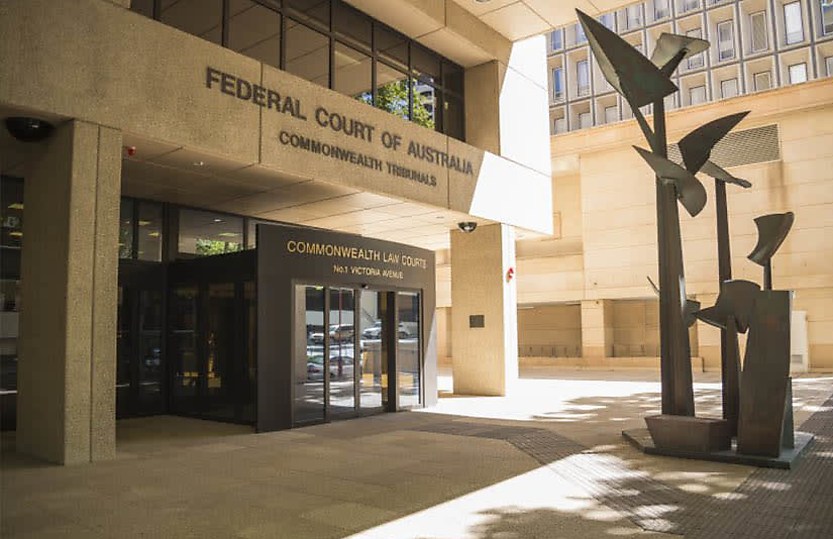Vanguard misled Australian investors on ESG, Federal Court finds

The landmark decision sends a “strong message” to those looking to make unsubstantiated sustainability claims, ASIC’s deputy chair has said.
In its first major greenwashing victory, ASIC has secured a Federal Court ruling against Vanguard for misleading investors in its billion-dollar ethical bond fund.
By its own admission, the global investment company misled investors on a number of different occasions regarding the environmental activities of bond issuers.
ASIC deputy chair Sarah Court said the victory sends a “strong message” to companies making sustainable investment claims.
The matter has been listed for a penalty hearing in August.
ASIC, in coordination with the consumer watchdog, ACCC, has made it clear that greenwashing is, and will continue to be, a priority enforcement area.
Last year, for instance, it announced it was investigating several superannuation funds for greenwashing, many of which it anticipated would go to court.
While the Vanguard case is one in which the defendant made false representations to its investors, ASIC has put less obvious forms of behaviour on notice.
For instance, Information Sheet 271 published in 2021, warned against relying on “vague” statements to obfuscate from lacklustre environmental conduct.
Vanguard’s investment fund, referred to as the Vanguard Ethically Conscious Global Aggregate Bond Index Fund, began operating in August 2018.
Wholesale and retail investors could invest directly in the funds underlying securities comprised of three unit classes: those hedged by the Australian dollar, the New Zealand dollar, or an exchange-traded fund (ETF) class.
In promoting the fund, Vanguard assured potential investors the securities involved in the fund had been researched and screened against ESG criteria and that those that fell short of those criteria were excluded.
These assurances were made over a range of communications, including 12 product disclosure statements, a media release, website statements, an interview given by a Vanguard manager, and a presentation.
ASIC alleged the research and screening activities had “significant limitations” and that the fund included issuers that violated applicable ESG criteria.
"In this case, Vanguard promised its investors and potential investors that the product would be screened to exclude bond issuers with significant business activities in certain industries, including fossil fuels, when this was not always the case," explained Court.
The Federal Court agreed, finding that as many as 46 per cent of the securities held by the fund were not subjected to ESG screening. These unscreened securities contributed 74 per cent of the market value of the fund.
Vanguard admitted to most of the allegations laid out by ASIC, however, it disputed a number of issues concerning its liability.
Only one of these issues – concerning certain statements made in its PDSs and on its website – was deemed to affect Vanguard’s liability and, therefore, the rest were ignored.
Specifically, ASIC submitted that certain PDSs and posts on Vanguard’s website implied all securities in the fund had been screened against ESG criteria.
The court disagreed with this interpretation, instead finding those communications clearly stated the ESG screening was applied only to securities issued by companies.
Given the fund comprised securities from a range of providers, including governments and government-related entities, not all securities were guaranteed to have been screened.
ASIC’s submissions on this point were “strained and, in some cases, conceptually flawed,” according to Justice Michael O’Bryan.
It is worth noting the misconceptions were failures of contextual interpretation, rather than substantive environmental errors. Their conclusions, on this point, were reached by an “unhelpful blurring of the concepts of context and causation.”
About the author

